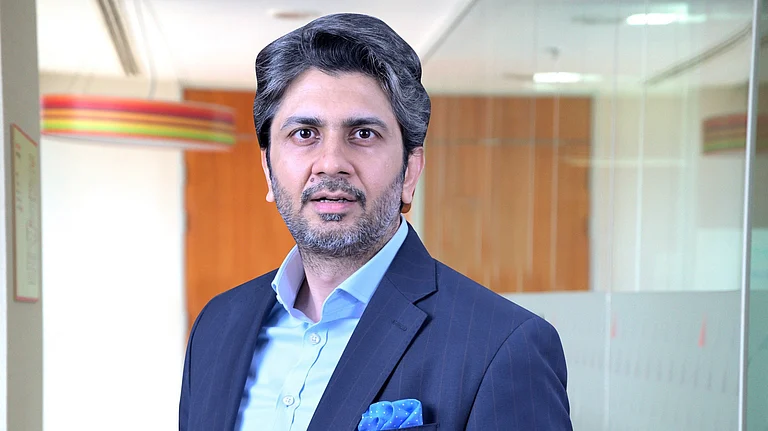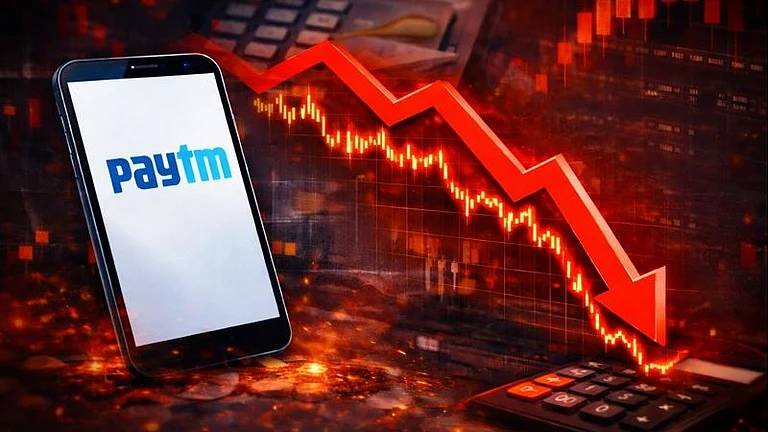The Supreme Court has granted a stay on a ₹5,712-crore GST notice issued to First Games, a real-money gaming platform owned by Paytm’s parent company, One97 Communications, according to a regulatory filing disclosed on Saturday.
In the exchange filing, the company stated that First Games filed a writ petition challenging the notice on 3 May 2025, and the Supreme Court stayed proceedings on 23 May 2025.
“We hereby inform you that First Games has notified us on 24 May 2025 at 10:44 am IST that in the writ petition… filed by First Games challenging the said SCN, the Hon’ble Supreme Court of India has, on 23 May 2025, stayed the proceedings of the SCN,” One97 Communications stated.
The dispute revolves around the classification and taxation of real-money gambling platforms under the GST framework, an issue affecting multiple businesses in the online gaming sector.
One97 Communications, the parent company of the Paytm brand, emphasised that the tax dispute is industry-wide and clarified that the matter is currently under deliberation by the apex court.
The Case
Paytm’s subsidiary, First Games Technology Pvt Ltd, received a show-cause notice on 28 April 2025 from the Directorate General of GST Intelligence (DGGI), proposing a GST liability of ₹5,712 crore plus interest and penalties.
The notice claims liability for the period January 2018–March 2023, demanding 28 per cent GST on the total entry amount (face value of bets) instead of the 18 per cent GST currently paid by gaming companies on platform fees (revenue).
In response, First Games filed a writ petition challenging the retrospective application of the GST amendment (effective 1 October 2023) and prior interpretations of GST rules. The company will also seek interim relief akin to that granted to other gaming firms.
The dispute hinges on whether GST should apply at 18 per cent on gross gaming revenue (GGR, i.e. platform fees) or 28 per cent on the total entry amount, with significant financial and regulatory ramifications for the online gaming industry.
The Background
In 2017 India introduced the Goods and Services Tax (GST), consolidating multiple indirect taxes into a unified, destination-based tax framework. Initially, the online gaming sector was divided into two categories: ‘Games of Skill’ and ‘Games of Chance’.
Games of skill, such as fantasy sports and certain card games, were taxed at 18 per cent GST on GGR (stakes minus payouts). Games of chance, including casino bets and lotteries, were subject to 28 per cent GST on the full face value of bets.
However, games like poker and certain fantasy sports, which blend elements of skill and chance, fell into grey areas, leading to confusion over their categorisation. The GST Council’s Law Committee noted numerous instances of tax-related litigation and inconsistent treatment.
To address this, the GST Council in October 2023 amended the Central Goods and Services Tax Act to levy 28 per cent GST on the total entry fee (face value of bets) for online gaming irrespective of whether the game involves skill or chance. The amendment applies retrospectively to August 2017.
Following the amendment, the DGGI began issuing show-cause notices to several online gaming firms under Section 74 of the CGST Act, demanding 28 per cent GST on the full face value of bets retrospectively.

































